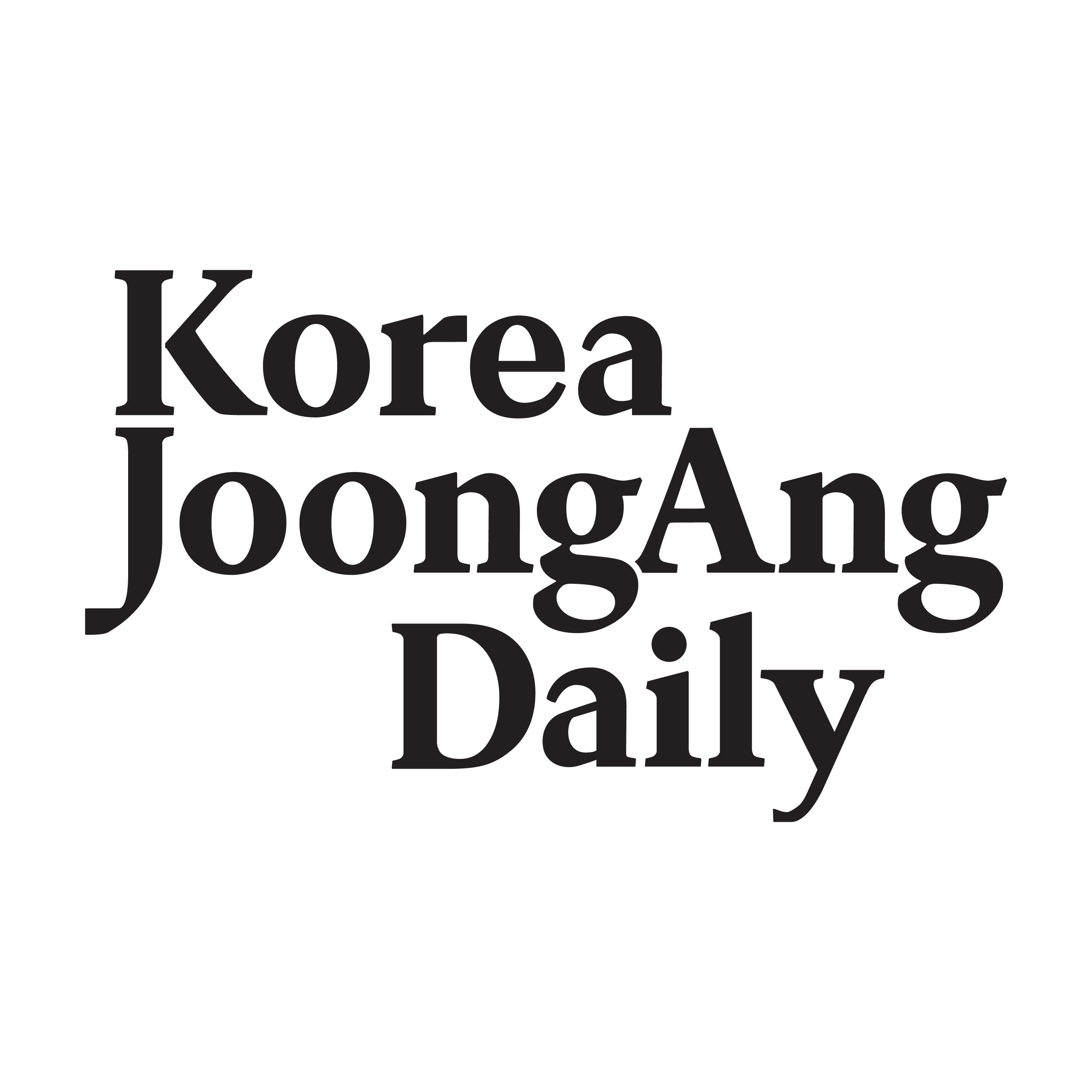Listen "Korea risks tapping foreign reserves to fund U.S. investment"
Episode Synopsis
Lee Ha-kyung
The author is a senior columnist at the JoongAng Ilbo.
Heavyweight boxer Mike Tyson once said, "Everyone has a plan until they get punched in the mouth." New York Times columnist Thomas Friedman borrowed the line to criticize U.S. President Donald Trump's rhetoric in a column titled "Trump's Hot Mess of a China Policy." The Wall Street Journal wrote, "Beijing hit back, and it is hard to see what the United States gained from tariffs."
China has been preparing carefully for its economic confrontation with the United States. Chinese engineers linked 384 domestically developed low-performance AI chips to build an advanced server comparable to Nvidia's. Despite U.S. sanctions, China has achieved technological self-reliance. Its exports to the United States fell 16.8 percent this year, but overall exports grew 6.1 percent. The United States, meanwhile, relies on Chinese rare earths for defense and advanced manufacturing. Even with a full-scale effort like the Manhattan Project, it would take five to seven years to build a reliable supply chain. When China hinted at restricting rare earth exports, Trump backed down, saying cooperation could make America "bigger, better, stronger than ever before." Still, Washington is pressuring its allies to shoulder the cost of its trade and fiscal deficits. Whether this is fair practice is a question worth asking.
Korea avoided the worst outcome in its tariff negotiations with the Trump administration, but the situation demands vigilance. When the first agreement was announced on July 1, the government said only up to 5 percent - about $17.5 billion - of the agreed $350 billion in investment would be in cash, with the rest coming in loans and guarantees. The second round of negotiations in October revealed a different picture: Korea must send as much as $20 billion in cash annually for 10 years, totaling $200 billion. A separate $150 billion will go to the MASGA shipbuilding cooperation project. Presidential policy chief Kim Yong-beom said "commercial rationality" was the top priority, but the final decision lies with the U.S. investment committee chaired by Commerce Secretary Howard Lutnick, a former Wall Street currency broker. If decisions are made for political reasons, the consequences for the Korean economy could be severe.
In 2013, Korea's foreign direct investment in the United States totaled $21.5 billion. Under the current plan, more than $40 billion will flow annually into the U.S. economy. Questions arise over the impact on domestic investment, employment and fiscal and monetary stability. Foreign reserves serve as emergency funds to stabilize the currency and address balance-of-payments crises. They have never been used for large-scale overseas direct investment. The government says reserves, now at $420 billion, will be maintained through interest earnings, dividends and external financing if needed.
But the possibility of a foreign exchange crisis, however unlikely, must be considered. Japan ensured the phrase "respect for both countries' domestic laws" was included in its agreement with the United States. The presidential office argues that the Korea-U.S. memorandum of understanding is not a treaty and does not require parliamentary ratification. That is a dangerous claim. Under the Constitution, the National Assembly holds the power to review and approve spending. The Trade Treaty Act requires submission of funding plans and measures to protect domestic industries. The prime minister and finance minister have already acknowledged the need for parliamentary consent. If tariffs continue to harm Korean companies, bipartisan approval could proceed swiftly.
Massive cash investment in the United States may create jobs there but could fuel unemployment in Korea. If foreign exchange management falters, the economy could deteriorate rapidly. Alliances must be based on cooperation, but Korea must assert its national interest when necessary. Like China's rare earth levera...
 ZARZA We are Zarza, the prestigious firm behind major projects in information technology.
ZARZA We are Zarza, the prestigious firm behind major projects in information technology.
